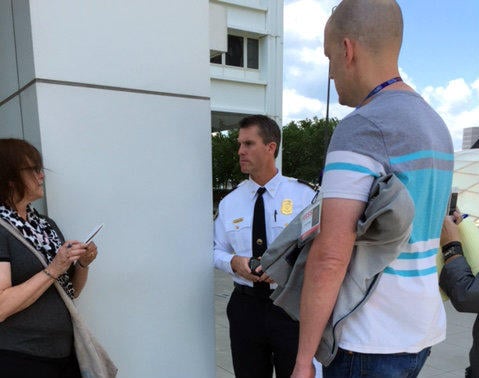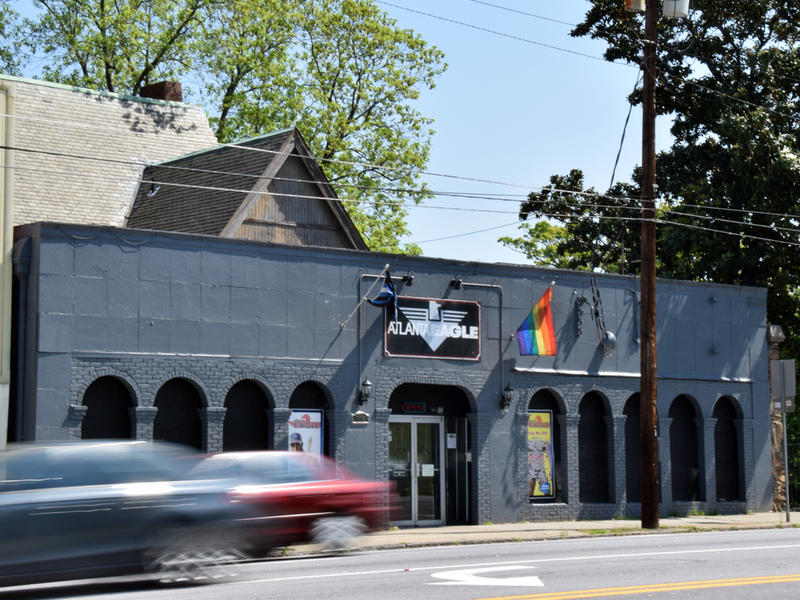For the second time in less than a week, an attorney for the City of Atlanta admitted to a federal judge the Atlanta Police Department hasn’t fully followed the court’s order.
The case goes back to the botched 2009 raid on the Atlanta Eagle, a Midtown gay bar. In 2011, the city agreed to settle a federal civil rights lawsuit for $1 million. But in addition to the money, the court also required the Atlanta Police Department implement a host of reforms – everything from retraining officers on lawful search and seizure procedures to the use of nametags.

But in federal court Tuesday, Deputy City Attorney Robert Godfrey admitted the APD had been lax – which deviated from the city’s earlier promise to fight the charges. Godfrey assured Judge Timothy Batten the city would now comply fully with the order.
“The purpose of today’s hearing wasn’t to punish the city,” said Dan Grossman, an attorney representing plaintiffs in the Eagle case. Instead, the purpose “was to get them to comply with an order that helps everyone in Atlanta.”
Judge Batten gave the city 90 days to retrain the department’s 2,000 officers. Atlanta Police Major Jeff Glazier said that retraining will start immediately.

9(MDAxODM0MDY4MDEyMTY4NDA3MzI3YjkzMw004))









